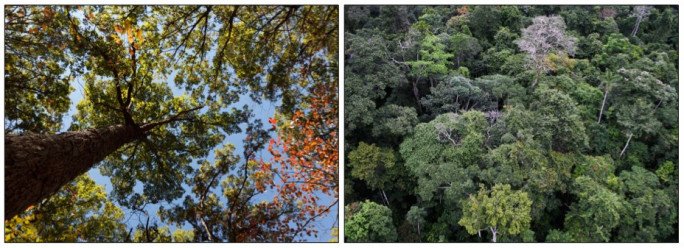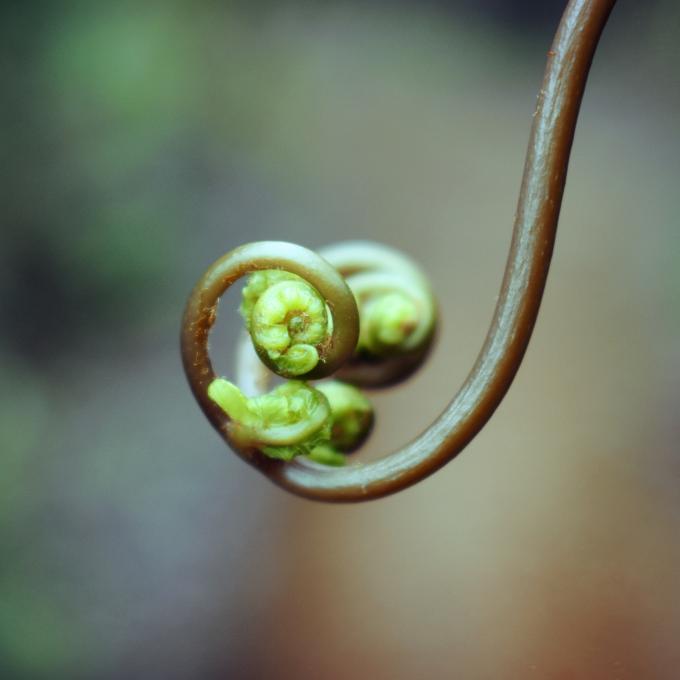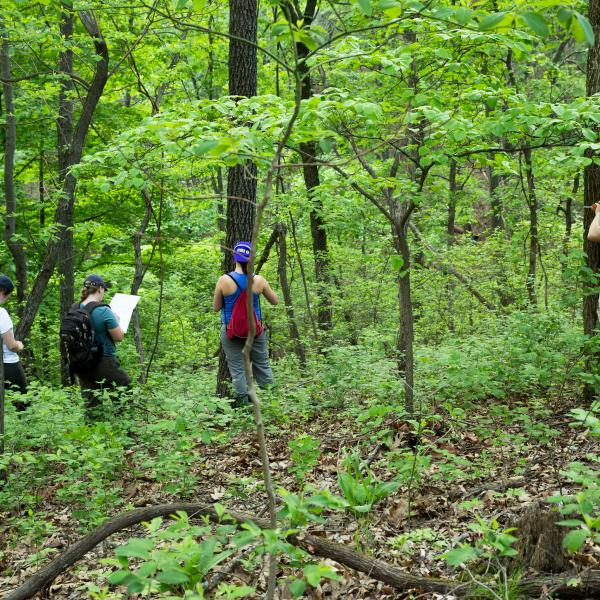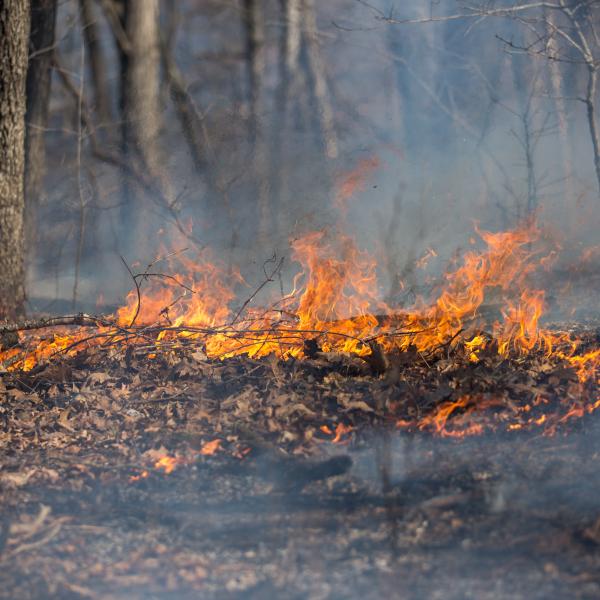Jonathan Myers's research group studies the causes of biodiversity at multiple scales, ranging from variation in the diversity of species' traits to gradients in the diversity and dynamics of ecological communities across the planet.
Changes in biodiversity through space and time are one of the most striking features of life on earth and have broad implications for human health, the production of renewable resources, and global climate regulation. I study patterns and causes of biodiversity at multiple scales, ranging from variation in the diversity of species’ traits to gradients in the assembly, diversity and dynamics of ecological communities across the planet. I explore theories to explain why changes in biodiversity through space and time emerge via the interplay of fundamental processes of community assembly (dispersal, ecological drift, niche selection & speciation). My research group focuses on four questions that integrate concepts from community ecology, biogeography and evolutionary biology, and plant functional ecology:
- Community Assembly from Local to Global Scales: What processes determine community assembly across biodiversity gradients?
- Eco-Evolutionary Assembly of Biodiversity Hotspots: How do species-rich communities and regional biotas assemble?
- Biodiversity in Changing Environments: Why does environmental change alter biodiversity, biotic interactions, and ecological networks?
- Species Pools, Species Traits & Biodiversity Change: How does regional biodiversity assemble into local communities in natural and human-modified landscapes?
We explore these questions using field experiments, large-scale and long-term observations, ecological modeling, and synthesis of biodiversity data from plant communities spanning temperate to tropical regions and natural to human-modified ecosystems. Our current study ecosystems include temperate plant and pollinator communities in North America (e.g., the Ozarks & Northern Rockies), sub-tropical savannas within the hyperdiverse and threatened longleaf pine ecosystem of the southeastern United States (e.g., Florida & Louisiana), tropical forests from the Amazon to the Andes (e.g., Bolivia), and a worldwide network of temperate and tropical forest-dynamics plots coordinated through the Smithsonian Center for Tropical Forest Science-Forest Global Earth Observatory (CTFS-ForestGEO). Our local field studies are based primarily at Tyson Research Center, Washington University's 800-ha environmental field station, located 25 miles (40 km) from St. Louis.
For more information, please visit our website: http://www.myersecologylab.com

Caption: Left – Low-diversity temperate tree community in the Ozarks (Tyson Research Center, Missouri). Right – High-diversity tropical tree community in western Amazonia (Los Amigos Biological Station, Peru). Our research group studies how the relative importance of eco-evolutionary processes varies across high- and low-diversity regions that comprise some of the most striking gradients in global biodiversity.




